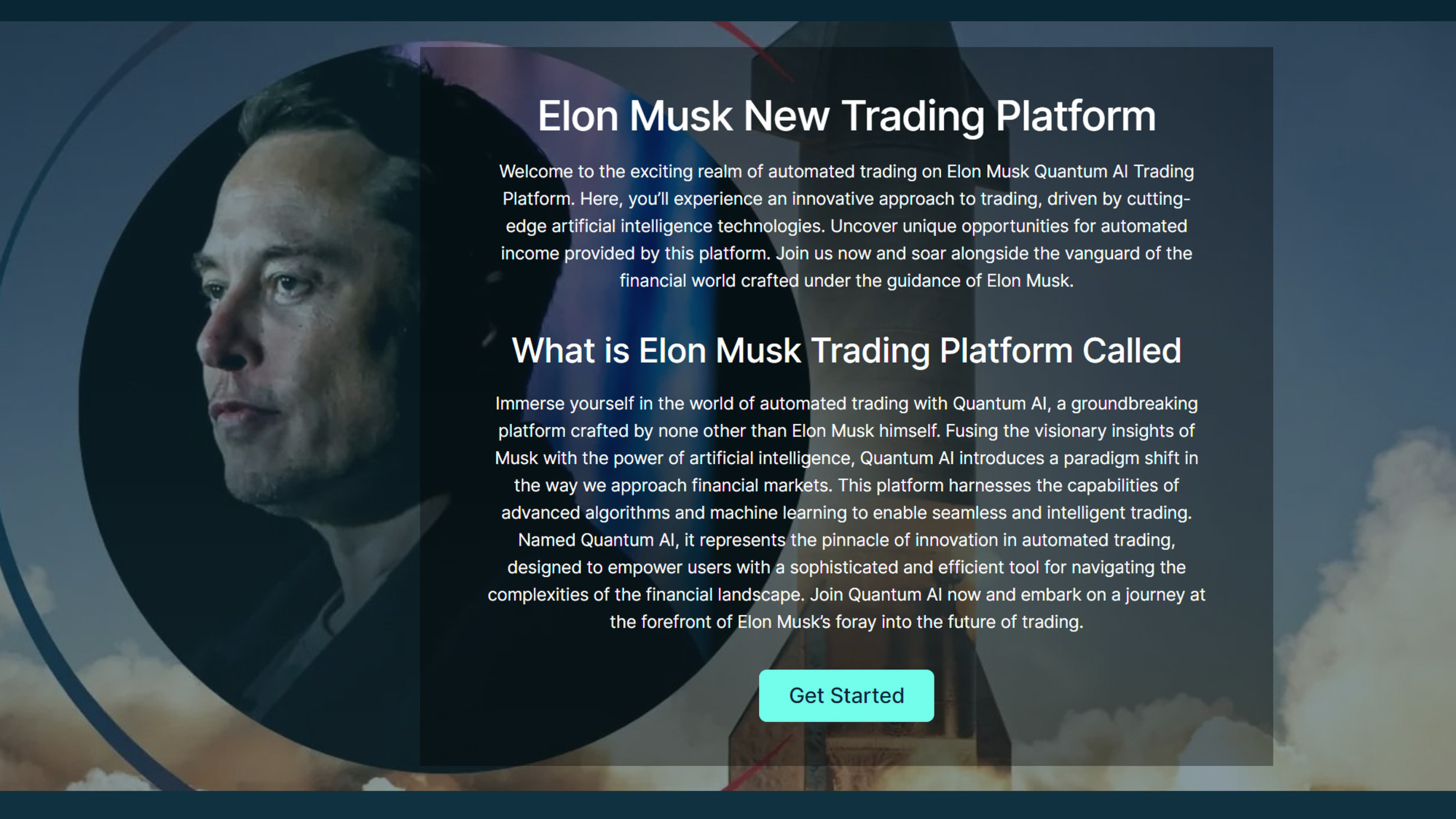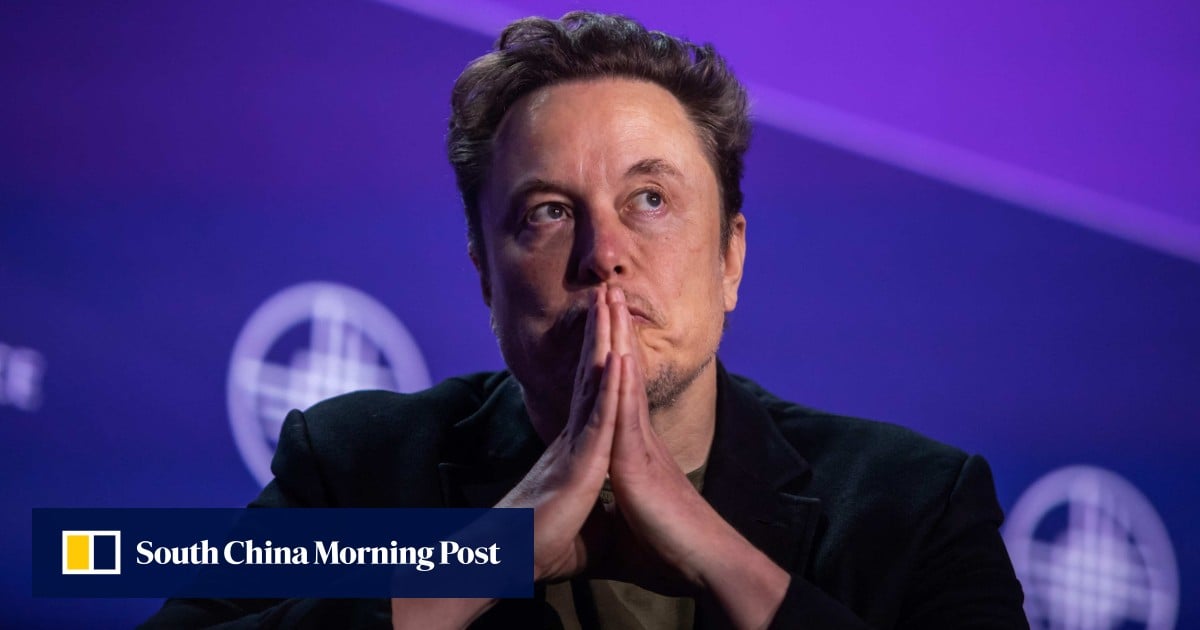In its public warning on May 8, the SFC said that Quantum AI makes claims of being able to earn “too-good-to-be-true” returns and the regulator made a request to the Hong Kong Police Force to block access to related websites and social media pages. The linked domains were inaccessible as of this week, and the Facebook groups appear to have been removed.
There have already been multiple cases of deepfake-related incidents of fraud in Hong Kong, putting the government on alert. Deepfake incidents in Asia-Pacific surged 1,530 per cent last year, with Vietnam and Japan seeing the most attacks, according to a report from identity verification platform Sumsub.
“Thanks to increasing digital financial transactions in the emerging Asia market, there is a larger pool for deepfake targets,” said Penny Chai, Sumsub’s vice-president of business development in APAC. “Since a high volume of instant cross-border transactions takes place in the region, especially in Hong Kong, deepfake scammers can leverage the complexity and volume of financial dealings to carry out fraudulent activities.”

The Quantum AI scam dates back at least a year, although it seems to be recycled with different variations used to target different groups.
Another video was modified from an appearance Musk made on the Fox News show of conservative pundit Tucker Carlson, according to Reuters Fact Check.
Some of the domains using the scheme rely on cheap hosting providers and flexible back-end technologies like WordPress. One of the top search results for Quantum AI is a website saying it requires a US$250 minimum deposit, accompanied by a warning that users should “invest only what you’re okay with losing completely”.
Incidents of fraud using deepfakes – convincing simulacra of real people using generative AI – are on the rise. Sumsub – which tracks incidents of identity fraud, including through the use of deepfakes – detected a tenfold increase in the use of deepfakes last year, according to its Identity Fraud report.
Sumsub identified Hong Kong as one of the top five markets in Asia for identity fraud at a rate of 3.3 per cent last year. Bangladesh had the highest at 5.4 per cent.
In the first quarter, fintech industry fraud in Hong Kong grew at a rate of 3.8 per cent, which was 216 per cent faster than the rate in the same period a year earlier, Sumsub told the Post.
Deepfakes have already caused tens of millions of dollars in losses in the city.
That incident tied the JPEX cryptocurrency exchange to the loss of roughly HK$1.5 billion (US$192 million), making it one of the largest financial frauds in the city’s history.
The regulator has also been more active in flagging other suspicious crypto-related products. On Monday, it warned of an investment product called LENA Network that involves cryptocurrency staking, borrowing and lending arrangements.
Arrangements for staking, which requires locking up a certain amount of crypto to validate transactions on a blockchain, could “amount to unauthorised collective investment schemes”, the SFC warned, and “may be highly risky”.


